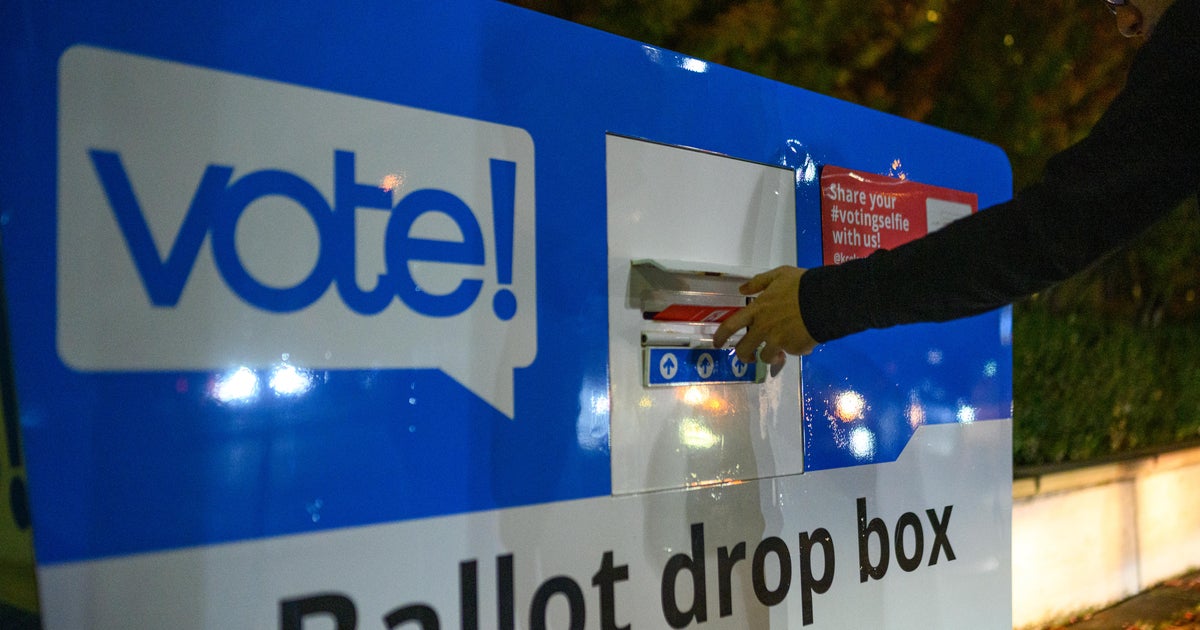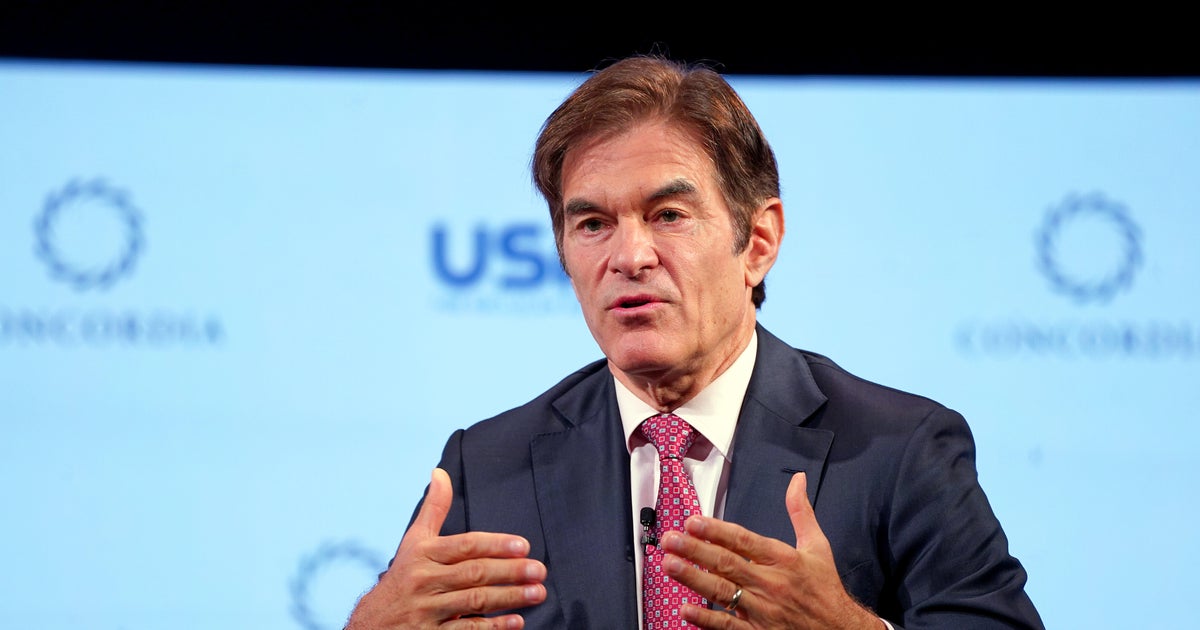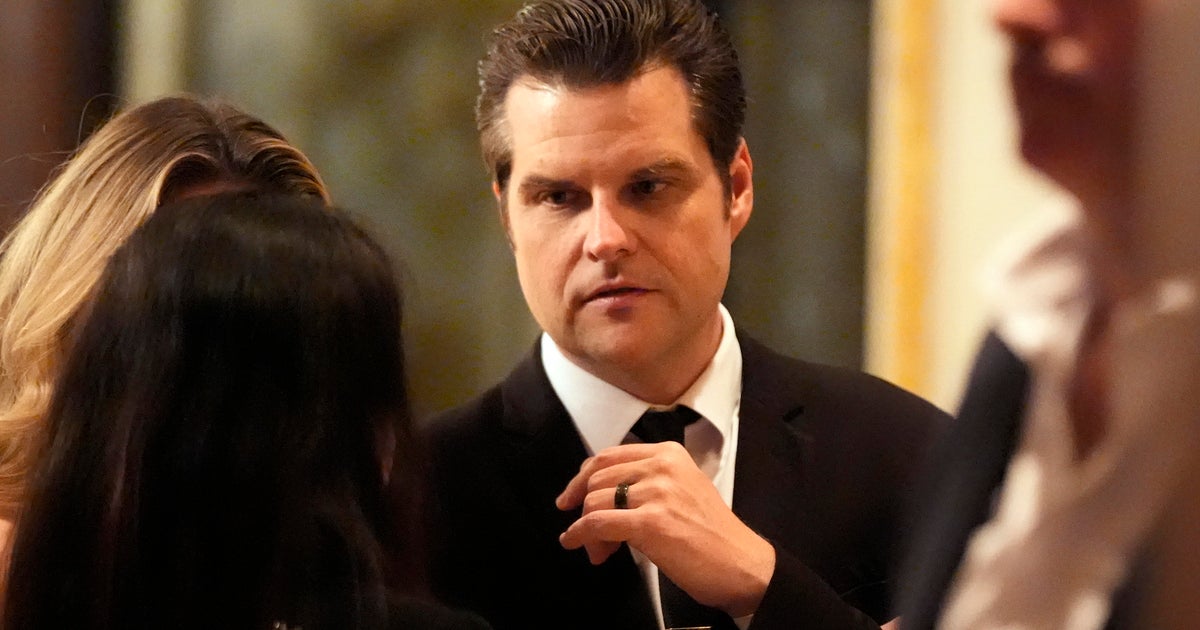White House implementing COVID vaccine and testing mandates for businesses with 100 or more employees
Washington — The Biden administration is implementing a new emergency standard for businesses with at least 100 employees to either mandate COVID-19 vaccinations for their workers or require weekly testing, the White House said Thursday.
The new mandate — called an "emergency temporary standard"— was requested by President Biden in September as part of his "Path Out of the Pandemic" COVID-19 action plan and will be implemented by the Labor Department's Occupational Safety and Health Administration (OSHA).
The White House estimates the new requirement will impact more than 80 million workers in the private sector.
The emergency standard stipulates that employers must choose either full vaccination or weekly testing for their employees within 30 days. Within 60 days — by January 4, 2022 — they must implement the mandate, the White House said.
If employers do not follow the emergency standard, they could face fines up to $14,000 per employee, an administration official said.
A simple company-wide headcount will be used to determine if employees have at least 100 employees, and employees who work in multiple locations will be included in the count.
The rule doesn't say who will bear the cost for the weekly testing option — whether the employer or the employee will have to pay. However, some other local, state, or federal rules may require businesses to pay for tests for employees who are exempt from the vaccine mandate.
The timing of this new standard coincides with the busy holiday shopping season, which is already straining some businesses experiencing bottlenecks in the global supply chain. But even with these setbacks, waiting to implement such vaccine mandates would "be a big mistake," Commerce Secretary Gina Raimondo said on Sunday's "Face the Nation."
"The best thing we can do to get people back to work is to make sure everybody is vaccinated," Raimondo said.
Mr. Biden has also called for COVID-19 vaccine or testing mandates for millions of more federal contractors and workers at health care centers that receive Medicare or Medicaid reimbursement.
At least 80% of adults have at least one COVID vaccination shot as of this week, according to federal data, and Mr. Biden said Wednesday around 60 million Americans older than 12 years of age remain unvaccinated.
"A year ago we were heading into a Thanksgiving where public health experts were advising against traveling or gathering with family and friends," Mr. Biden said in his remarks. "Later this month our tables and our hearts are going to be filled thanks to the vaccines. We've made incredible progress over these past nine months but we have to keep going."
This COVID-19 vaccine and testing mandate is already facing opposition and legal challenges from 24 attorneys general who preemptively called the plan "disastrous and destructive" and said the decision is a "controversial public health measure on a nationwide basis that only incidentally concerns the workplace" in a letter published in September. Other industries are also expected to file lawsuits to challenge the implementation of the emergency standard.
The emergency rulemaking used for this standard doesn't go through the usual monthslong bureaucratic process and has rarely been used in previous administrations. The vaccine emergency standard is expected to be the basis of a proposed rule that will undergo the regular six-month rulemaking process. During that period the government will seek public input on the feasibility of mandates for smaller companies as well, according to the people briefed on the plan.
Before OSHA implemented an emergency standard for face masks in the workplace over the summer, the last temporary emergency standard was issued in 1983 to limit asbestos exposure in the workplace, according to the Congressional Research Service. That standard was ultimately struck down in court.
OSHA's new leader, Douglas Parker, began his role this week and his recent approval by the Senate marks the first time the workplace safety agency has had a Senate-approved leader since January 2017.
Margaret Brennan contributed to this report.




